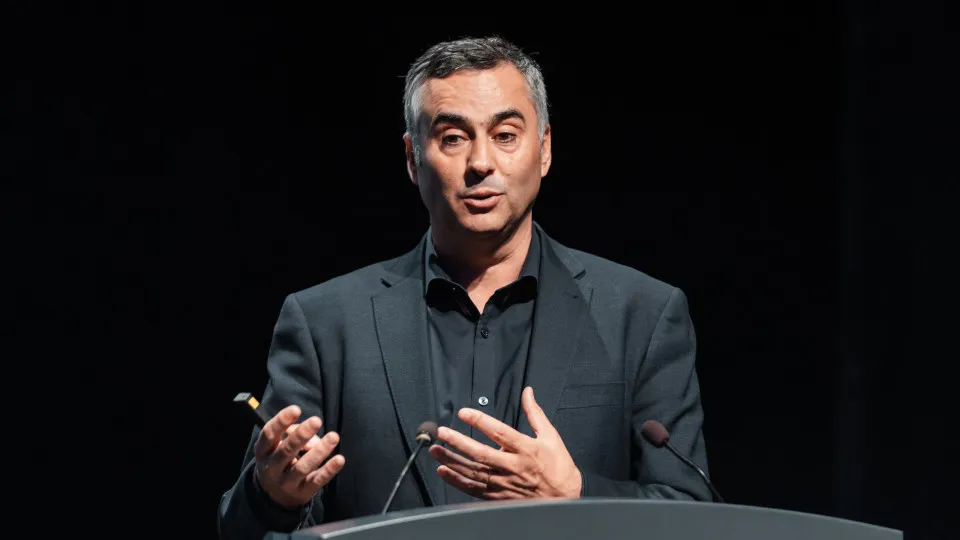
“For many years, indeed, professional education was undervalued. It was a mistake we made, which fortunately has been reversed in recent years, because what we need are alternative pathways for students, suitable to student profiles and ensuring employability,” he stated.
Fernando Alexandre noted that “professional education, with the equipment increasingly available in Portuguese schools, allows the acquisition of skills that will be very important for the labor market.”
This is a pathway that “does not close other doors,” as “pursuing the professional route still provides access to higher education,” the minister affirmed.
The Education Minister emphasized the need for “more diversified and tailored education to student profiles,” which can be addressed through professional education, also catering to business demands.
The Minister of Education, Science, and Innovation spoke to journalists this morning at the opening of the Industrial Specialized Technological Center (CTE) at Avelar Brotero Secondary School in Coimbra, which involved an investment of over 1.4 million euros from the Recovery and Resilience Plan (PRR).
At the same school, a CTE for Informatics is also planned, funded with approximately one million euros from the same source, with its inauguration expected by March 2026.
Fernando Alexandre recalled that 404 CTEs have been approved across mainland Portugal, with the projects expected to be completed by June 2026, within the deadline of the PRR, which funds the initiative with 480 million euros.
To date, around one hundred CTEs are ready, but Fernando Alexandre assured that the process will now accelerate, with some facilities already nearing completion.
“This will bring a significant transformation to the quality of professional education because students will have access to modern equipment. In fact, often more advanced than what they may find in some companies,” he emphasized.
Currently, the minister added, “about 40% of secondary students are already on the professional path,” with the goal of reaching around 50% of students.
“Obviously, schools have to adapt to demand, make that adjustment,” he highlighted.
When questioned about the criticisms of the measure limiting young people’s access to higher education, the official responded that this “is not a correct view,” as through this measure, the Government managed “to significantly reduce school dropout rates in Portugal.”
Among the reasons for the decrease in school dropout rates is the possibility for students from the scientific-humanistic education path, who may “not have a successful path and lack motivation,” to find in professional education “the motivation and conditions” to complete secondary education.
“Currently, data indicates that more than 20% of students who complete the professional path directly enter higher education,” he reinforced.
“Transitioning through the labor market should always keep the option open, or never close the door, to entering higher education. Indeed, one of the challenges for higher education is to expand its student population, not only from students aged 18,” he reiterated.
The inauguration ceremony of the Industrial CTE at Avelar Brotero Secondary School was attended by the mayor of Coimbra, Ana Abrunhosa, who reiterated to the minister the municipality’s commitment to education and the appreciation of professionals working in schools.




